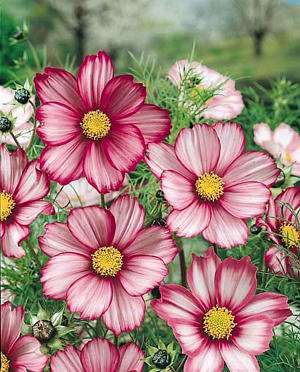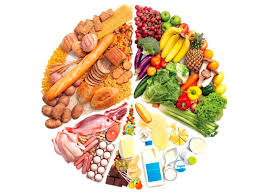Stamp: Biodiversity of sorrel in Trinidad & Tobago (Trinidad and Tobago 2013)
Biodiversity of sorrel in Trinidad & Tobago (Trinidad and Tobago 2013)
04 December (Trinidad and Tobago ) within release World Food Day goes into circulation Stamp Biodiversity of sorrel in Trinidad & Tobago face value 4.50 Trinidad and Tobago dollar
| Stamp Biodiversity of sorrel in Trinidad & Tobago in catalogues | |
|---|---|
| Stamp Number: | Sn:TT 896d |
Stamp is square format.
Also in the issue World Food Day:
- Stamp - Sorrel drink face value 1;
- Stamp - Mature Hibiscus sabdariffa calyces face value 50;
- Mini Sheet - Miniature sheet of 5, World Food Day face value 17;
- Stamp - Sorrel drink face value 1;
- Stamp - Sorrel plant face value 2.50;
- Stamp - Capsular fruit of Hibiscus sabdariffa face value 3.70;
- Stamp - Biodiversity of sorrel in Trinidad & Tobago face value 4.50;
- Stamp - Flower of Hibiscus sabdariffa face value 5.25;
Stamp Biodiversity of sorrel in Trinidad & Tobago it reflects the thematic directions:
A flower, sometimes known as a bloom or blossom, is the reproductive structure found in plants that are floral (plants of the division Magnoliophyta, also called angiosperms). The biological function of a flower is to effect reproduction, usually by providing a mechanism for the union of sperm with eggs. Flowers may facilitate outcrossing (fusion of sperm and eggs from different individuals in a population) or allow selfing (fusion of sperm and egg from the same flower). Some flowers produce diaspores without fertilization (parthenocarpy). Flowers contain sporangia and are the site where gametophytes develop. Many flowers have evolved to be attractive to animals, so as to cause them to be vectors for the transfer of pollen. After fertilization, the ovary of the flower develops into fruit containing seeds. In addition to facilitating the reproduction of flowering plants, flowers have long been admired and used by humans to beautify their environment, and also as objects of romance, ritual, religion, medicine and as a source of food.
Food is any substance consumed by an organism for nutritional support. Food is usually of plant, animal, or fungal origin and contains essential nutrients such as carbohydrates, fats, proteins, vitamins, or minerals. The substance is ingested by an organism and assimilated by the organism's cells to provide energy, maintain life, or stimulate growth. Different species of animals have different feeding behaviours that satisfy the needs of their metabolisms and have evolved to fill a specific ecological niche within specific geographical contexts.


